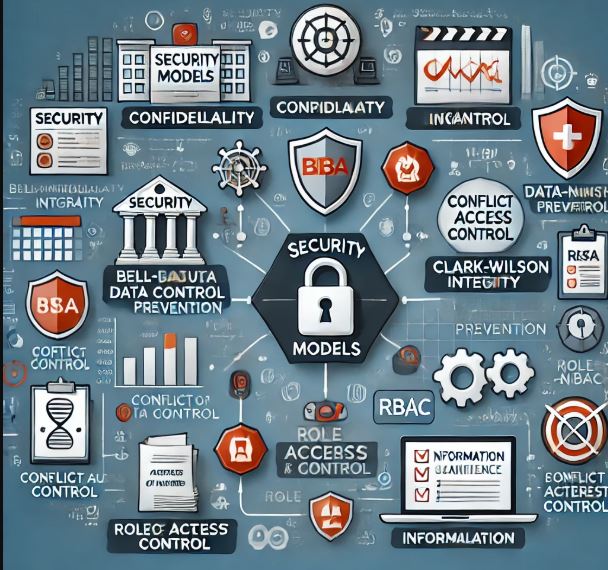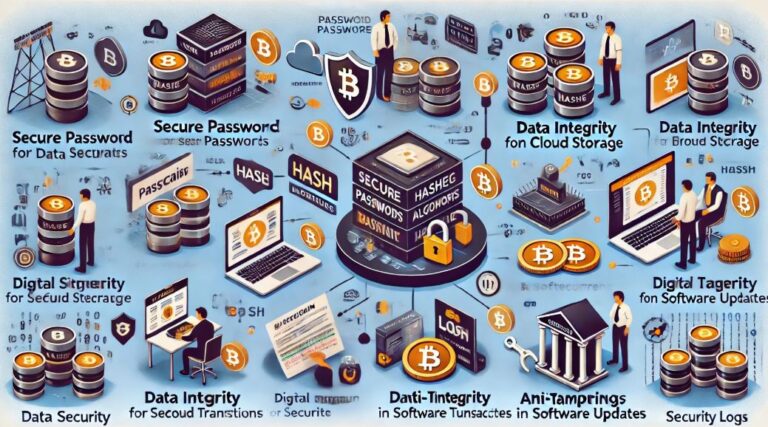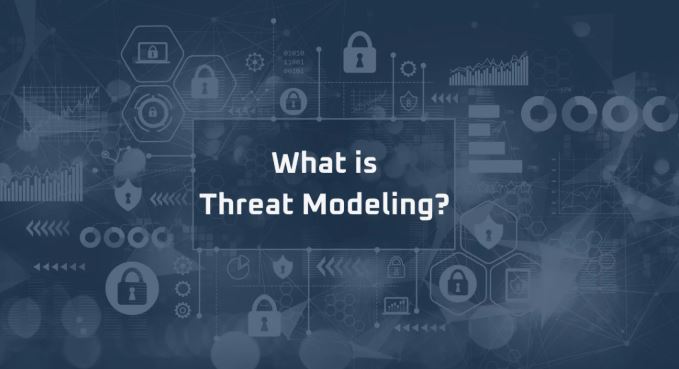Section Title
Byfarshadzare
April 4, 2025
Change Management,Compliance & Auditability,General,Risk Management,Risk Response
Change management plays a crucial role in improving security by providing structured processes to manage, monitor, and mitigate risks associated with changes in an organization’s IT systems…
Memory security issues refer to vulnerabilities, threats, and challenges related to the management and protection of memory in computer systems. These issues can lead to data breaches, unauthorized…
Security models, with their formalized frameworks, play a critical role in risk management and auditing by providing structured ways to enforce security policies, assess vulnerabilities, and monitor…
🔸 𝟭. 𝗦𝗲𝗰𝘂𝗿𝗲 𝗣𝗮𝘀𝘀𝘄𝗼𝗿𝗱 𝗦𝘁𝗼𝗿𝗮𝗴𝗲 (𝗕𝗮𝗻𝗸𝗶𝗻𝗴 & 𝗘𝗻𝘁𝗲𝗿𝗽𝗿𝗶𝘀𝗲𝘀) 📌 Scenario: A bank wants to store customer passwords securely to prevent breaches. 🔹 Solution: Instead of storing plaintext passwords, the bank…
𝟭. 𝗚𝗲𝗻𝗲𝗿𝗮𝗹 𝗗𝗮𝘁𝗮 𝗣𝗿𝗼𝘁𝗲𝗰𝘁𝗶𝗼𝗻 𝗥𝗲𝗴𝘂𝗹𝗮𝘁𝗶𝗼𝗻 (𝗚𝗗𝗣𝗥) – 𝗘𝘂𝗿𝗼𝗽𝗲 📌 Why It’s Useful: One of the strongest data protection laws. Protects personal data and privacy rights of EU citizens. Heavy fines for…
Cyber AI refers to the use of artificial intelligence and machine learning techniques to enhance cybersecurity operations. It helps detect, prevent, and respond to cyber threats more effectively than…
In the high-stakes world of cybersecurity incidents, teams face intense pressure, long hours, and critical decision-making. Keeping morale high during these moments is essential for effective response…
Employees are both an organization’s greatest asset and its biggest security risk. Effective employee oversight ensures that security policies are followed, insider threats are minimized, and…
Byfarshadzare
March 10, 2025
Compliance & Auditability,Risk Management,Risk Response,Security Policy
Threat modeling is a proactive cybersecurity process used to identify, analyze, and mitigate potential threats before they can exploit system vulnerabilities. It helps organizations understand their…










